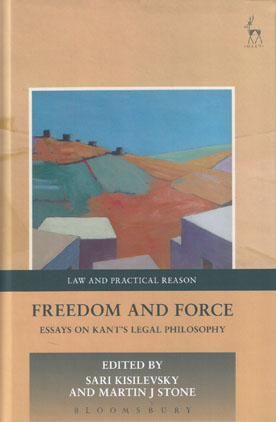
The last decade or so has seen a strong renewal of interest in Kant's Legal Philosophy. The principle Kantian text the first part of The Metaphysics of Morals - was long considered to be an obscure and fragmentary work, one which lacks the coherence and power of Kant's three Critiques.
Recently, however, a number of powerful readings of this text have emerged, and prominent among these is Arthur Ripstein's, Force and Freedom: Kant's Legal and Political Philosophy. Ripstein's work reveals the systematic unity of Kant's thinking about law, and at the same time sheds an instructive light on many contemporary issues in legal and political philosophy.
The current volume brings together essays by leading Kantians along with distinguished contemporary legal and moral philosophers. Taking Ripstein's work as their starting point they offer readings and elucidations of his book, but also going beyond it to dispute some of his claims, to extend some of his themes within broader philosophical contexts, and to elaborate the significance of Ripstein's presentation of Kant for contemporary legal and political philosophy.
These essays offer themselves as contributions to normative philosophy in a broadly Kantian spirit. Prominent themes include rights in the body, the relation between morality and law, the nature of coercion and its role in legal obligation, the role of indeterminacy in law, the nature and justification of political society and the theory of the state.
The resulting volume will be of interest to a wide audience, including legal scholars, Kantian scholars, and philosophers with an interest in Kant or in legal and political philosophy.